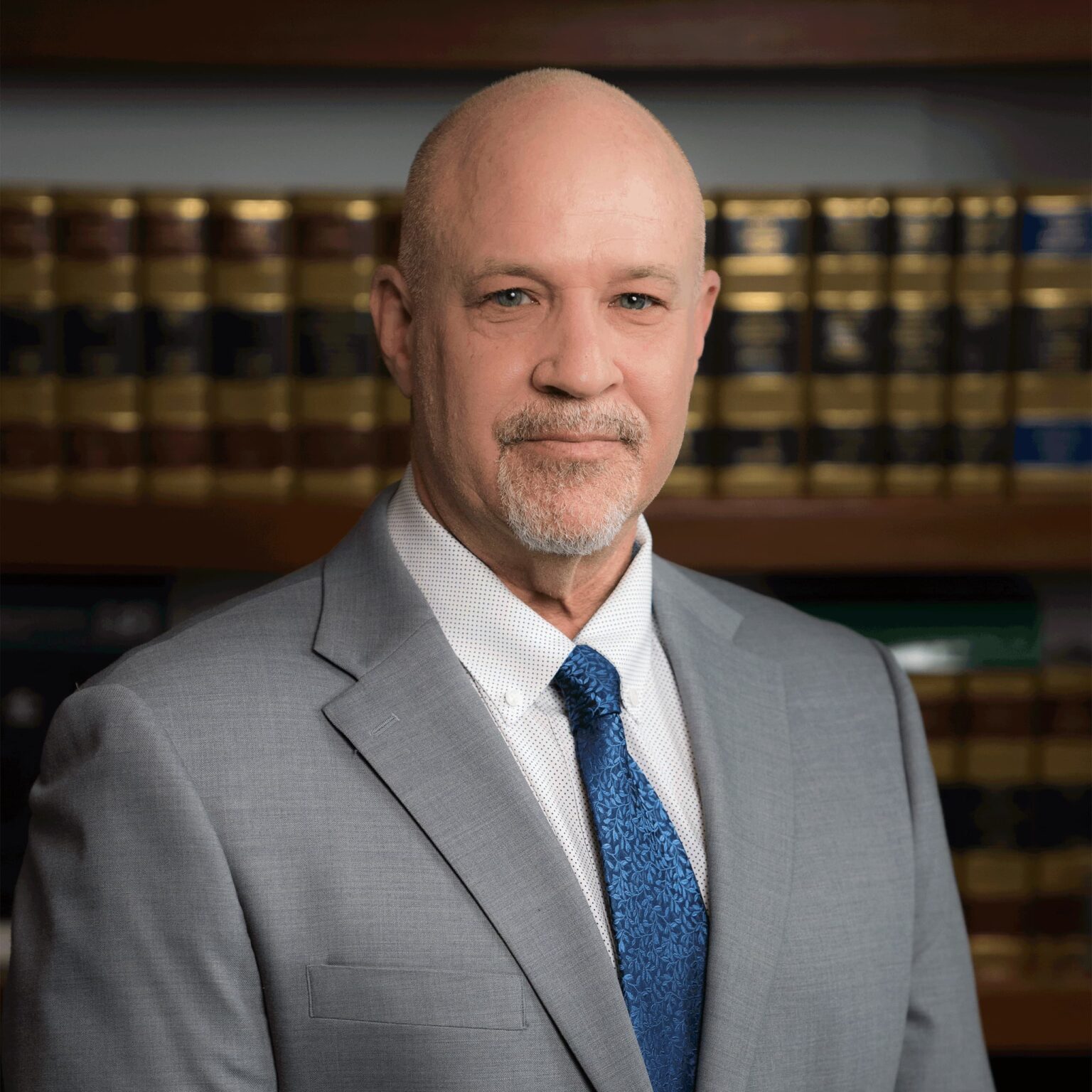Did you know that every nine seconds, a life is altered somewhere in the United States due to a brain injury? These aren’t just numbers; they’re stories of people whose lives have been turned upside down. Despite its prevalence, there’s a startling lack of awareness about the depth and complexity of these injuries. They’re not just medical terms; they’re real-life challenges affecting a person’s thoughts, behavior, and feelings in profound ways.
Brain injury cases each carry a unique story, reshaping lives and families. Here, in our vibrant South Florida community, these stories unfold every day, often unnoticed. For those impacted by a brain injury, understanding the causes, types and steps to take if you’ve been injured can be overwhelming. Whether you’re a survivor, a loved one, or just someone who cares, this blog post is for you.
If you or someone you know has endured a brain injury dealing with the complexities of a potential legal case, don’t face this journey alone. Reach out to us at (954) 424-1440 to speak with our Fort Lauderdale brain injury lawyer. Let’s discuss your story, your rights, and how we can help.
Causes of Brain Injury in South Florida
In South Florida, a variety of everyday situations can lead to brain injuries. Below are some of the most common causes we encounter in our region:
- Car Accidents: With its congestion and high traffic density, South Florida’s roads present a significant risk. Car accidents stand as a leading cause of brain injuries here. Factors like distracted driving, speeding, and reckless behavior are frequently at play. In the rush of city life, a moment’s distraction can lead to life-altering consequences.
- Slip-and-Fall Accidents: These accidents often occur due to uneven surfaces, poorly maintained walkways, or inadequate lighting, are a common yet overlooked cause of serious head trauma. From shopping malls to public parks, these accidents can occur anywhere, emphasizing the need for vigilance in everyday settings.
- Medical Malpractice: In the realm of healthcare, mistakes can have dire outcomes. South Florida is not immune to instances of medical malpractice leading to brain injuries. Errors in diagnosis, treatment procedures, or improper medication management highlight critical areas where patient safety must be prioritized.
- Assault: Tragically, violent acts also contribute to the incidence of brain injuries in the area. Assaults, whether involving blows to the head or other forms of physical harm, can result in severe and lasting brain damage.
- Electric Shock: Electric shock injuries, such as the one our client experienced, which led to our successful $4.8 million jury verdict against FPL can cause profound damage to the brain.
Types of Brain Injuries
Understanding the spectrum of brain injuries is crucial as they can vary significantly in severity and impact, affecting different areas of the brain. Each type can lead to a range of physical, cognitive, and emotional challenges.
- Traumatic Brain Injury (TBI): TBIs are caused by external forces altering brain function. These can result from head impacts, falls, vehicle accidents, or physical assaults. TBIs are categorized into mild, moderate, and severe, each with varying levels of impact and recovery times. Understanding the nuances of TBIs is essential, as they can range from a mild concussion with a quick recovery to severe cases requiring long-term care.
- Concussion: Often referred to as a mild TBI (mTBI), concussions are deceptive in their seriousness. They occur when the brain moves rapidly within the skull due to a head impact. Symptoms can include headaches, dizziness, memory problems, and mood changes. Despite their “mild” classification, concussions can have significant and lasting effects, especially if not properly managed.
- Non-Traumatic Brain Injury: These injuries, unlike TBIs, stem from internal factors such as oxygen deprivation, toxin exposure, or the presence of tumors. Also known as acquired brain injuries, they present unique challenges and can have varied impacts on brain function. Symptoms might include cognitive impairments, motor skill difficulties, or emotional instability, depending on the affected brain areas.
Legal Recourse for Brain Injury Victims
For victims of brain injuries and their families, understanding legal rights is crucial in the aftermath of such a traumatic event. When a brain injury is caused by someone else’s negligence, the path to compensation and justice is available.
Negligence in legal terms means holding a person or organization accountable for harm caused by their careless actions. In brain injury cases, the following elements are vital to establish a negligence claim:
- Duty of Care: This means that the responsible party had an obligation to avoid causing harm. For example, all drivers are expected to drive safely to prevent accidents.
- Breach of Duty: This occurs when the responsible party fails to meet their obligation. An example is a driver who is distracted by texting while driving.
- Causation: This element connects the irresponsible action directly to the injury. If a distracted driver causes an accident that results in a brain injury, this condition is met.
- Damages: The final element involves showing that the victim suffered losses due to the injury. These can include medical expenses, lost wages, and compensation for pain and suffering.
Given the complexities involved, seeking guidance from an experienced personal injury lawyer is important. They can help navigate the legal system, gather necessary evidence, and represent your interests to ensure your rights are fully protected. At Cohen & Juda, P.A., we can also direct you to experienced medical facilities that specialize in treating TBI.
Prevention of Brain Injuries in South Florida
In South Florida, where daily life is dynamic, taking proactive steps to prevent brain injuries is crucial. Here are some effective strategies to minimize the risk:
- Use Safety Equipment: Always wear a seatbelt while driving. Helmets are essential when riding bikes or motorcycles and can significantly reduce the risk of head injuries in an accident.
- Workplace Safety: If your job involves working at heights, using safety harnesses is vital. This is especially important in construction or industrial settings common in our region.
- Home Safety Measures: In homes, particularly for the elderly, installing non-slip mats in bathrooms and showers can prevent falls, a leading cause of brain injuries.
- Safe Driving Practices: Taking sufficient breaks to avoid fatigue and staying focused (avoiding distractions like phone use) while driving can significantly reduce the likelihood of accidents.
- Children’s Safety: For families, ensuring that children wear appropriate safety gear during sports and play can prevent accidents.
- Community Resources: Engaging with local safety programs and utilizing resources like free helmet distribution events can also be beneficial.
These prevention strategies are not just personal choices; they contribute to the overall safety and well-being of our South Florida community. By understanding and implementing these measures, we can collectively work towards reducing the incidence of brain injuries in our region.
What to Do If You Suffer a Brain Injury in South Florida
If you or someone close to you has suffered a brain injury due to someone else’s negligence, it’s imperative to take the right steps immediately. We understand how challenging and confusing this time can be, and we’re here to help guide you through this process:
- Seek Immediate Medical Attention: First and foremost, get medical help. Early diagnosis and treatment are key in reducing the long-term impact of a brain injury.
- Document Everything: Keep a detailed record of all aspects related to the injury – this includes the date, time, location, circumstances of the incident, medical reports, and any expenses incurred due to the injury.
- Gather Evidence: If possible, collect witness statements, photographs of the scene, and any other evidence that can support your case. This information can be vital in establishing the details of the incident.
- Consult a Florida Brain Injury Lawyer: Legal skill and experience is essential in such situations. A Florida brain injury lawyer can provide invaluable guidance, protect your rights, and advocate for compensation for your injuries. They can handle the complexities of legal proceedings, allowing you to focus on recovery.
Brain injuries can be severe and life-altering events that can result in significant financial, emotional, and physical hardships for victims and their families. Knowing the types and causes of brain injuries in South Florida and understanding your legal options can help you protect your rights and secure compensation for your injuries. At the same time, taking preventive measures to avoid brain injuries helps to promote safety and peace of mind.
Protect Your Rights After a Brain Injury
Dealing with the aftermath of a brain injury can be a complex and emotional journey. Whether you’re facing this challenge yourself or supporting a loved one, it’s crucial to have the right legal expertise on your side. In these critical moments, choosing experienced South Florida personal injury attorneys can significantly impact your path to recovery and justice.
At Cohen and Juda, we understand the intricacies of brain injury cases and the profound effects they have on your life. With over three decades of experience in personal injury law, we are committed to defending your rights and pursuing compensation for your injuries. Our approach is not just about legal representation; it’s about being your dedicated ally in these challenging times.
Don’t navigate this journey alone. Reach out to us today at (954) 424-1440 or submit our online form for a FREE consultation. Our focus is on providing personalized and compassionate legal support tailored to your unique situation. Let us personally fight for your rights!
Copyright © 2023. Cohen and Juda, P.A. All rights reserved.
The information in this blog post (post) is provided for general informational purposes only and may not reflect the current law in your jurisdiction. No information in this post should be construed as legal advice from the individual author or the law firm, nor is it intended to be a substitute for legal counsel on any subject matter. No reader of this post should act or refrain from acting based on any information included in or accessible through this post without seeking the appropriate legal or other professional advice on the particular facts and circumstances at issue from a lawyer licensed in the recipient’s state, country, or other appropriate licensing jurisdiction.
Cohen and Juda P.A.
8211 W Broward Blvd, Suite 310
Plantation, FL 33324
(954) 424-1440
https://www.cohenandjudaflorida.com/





